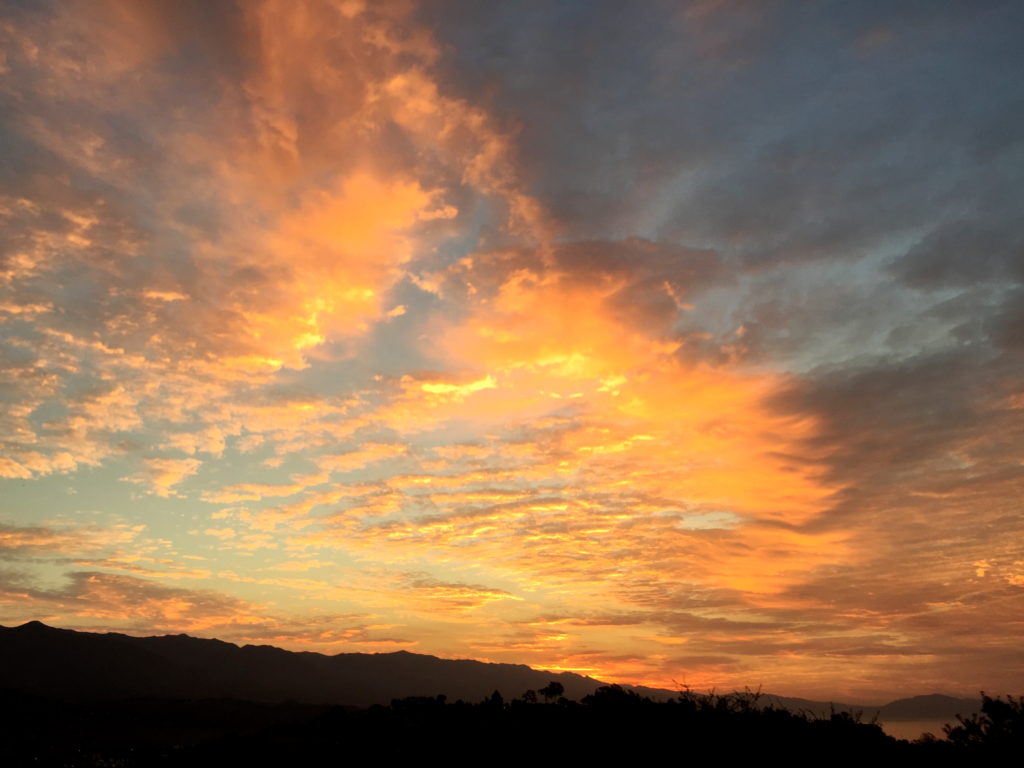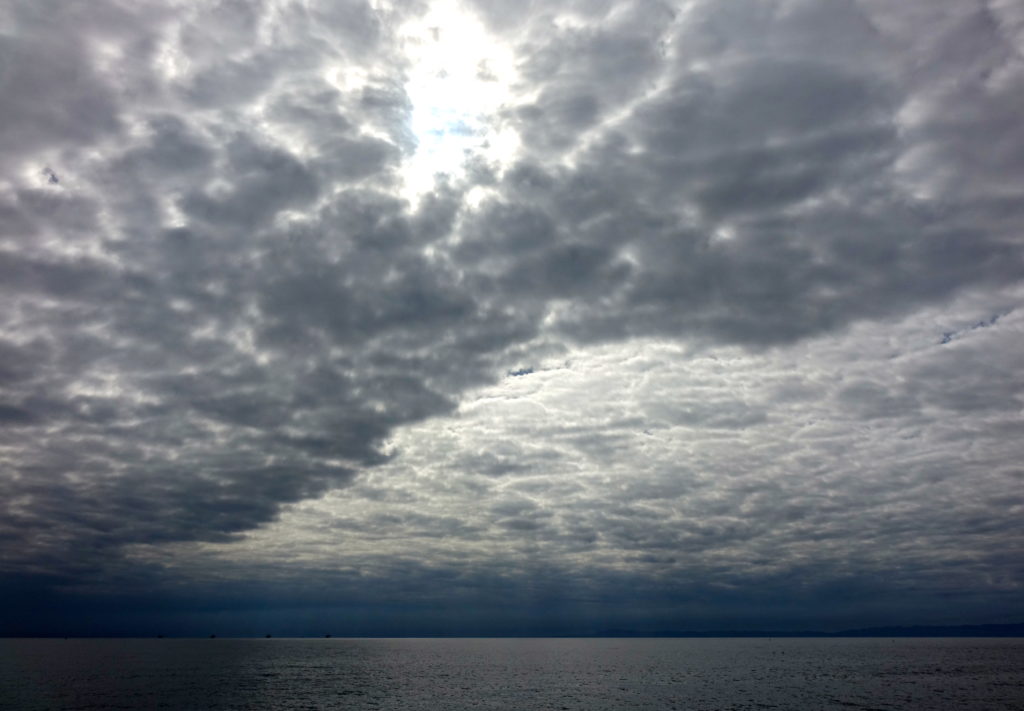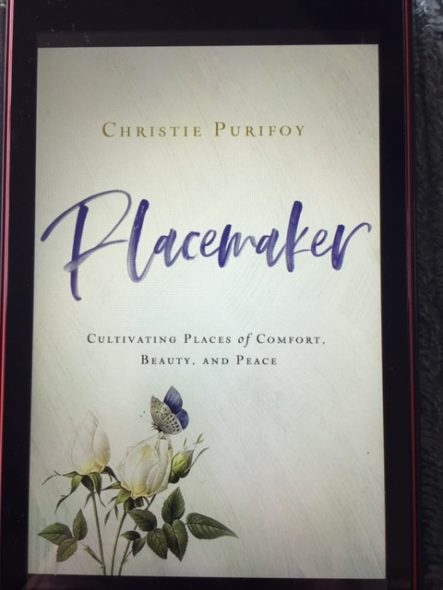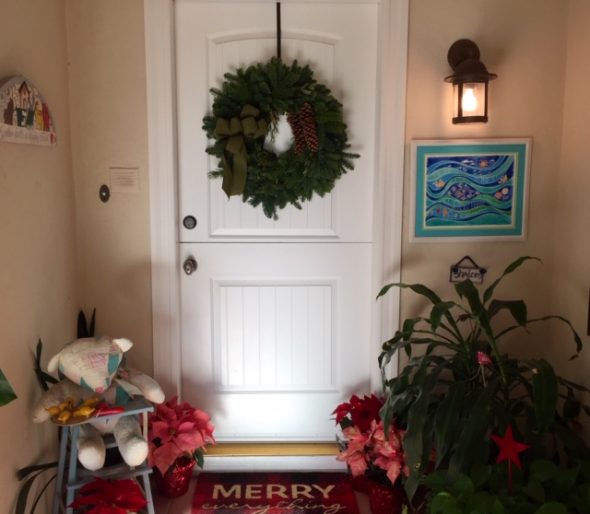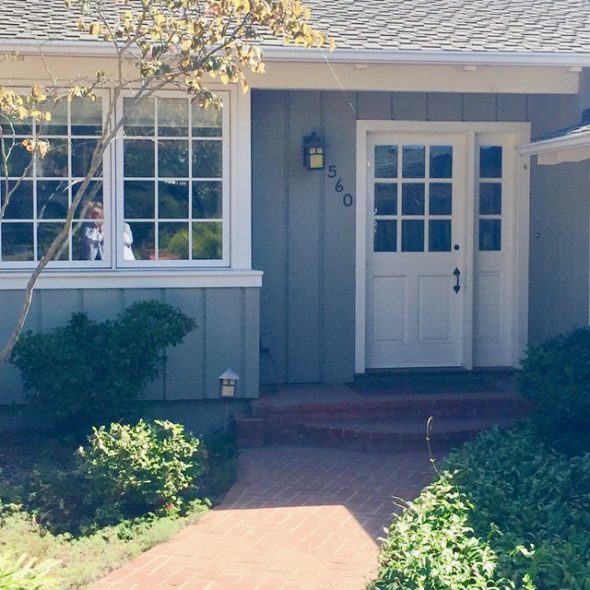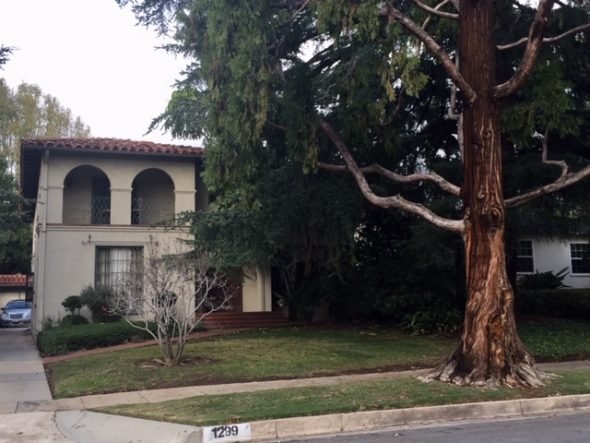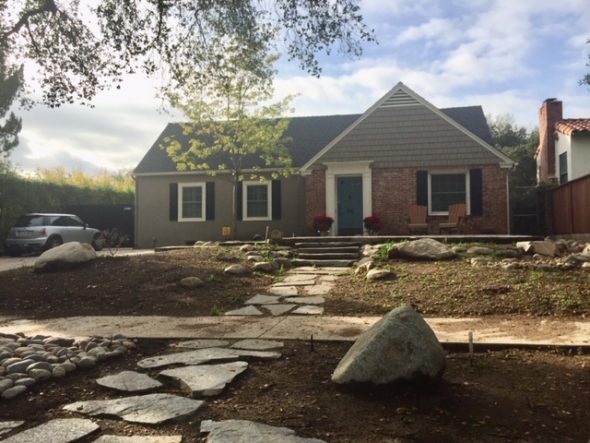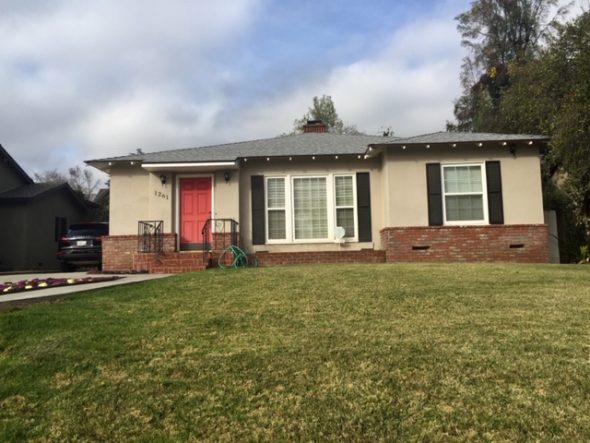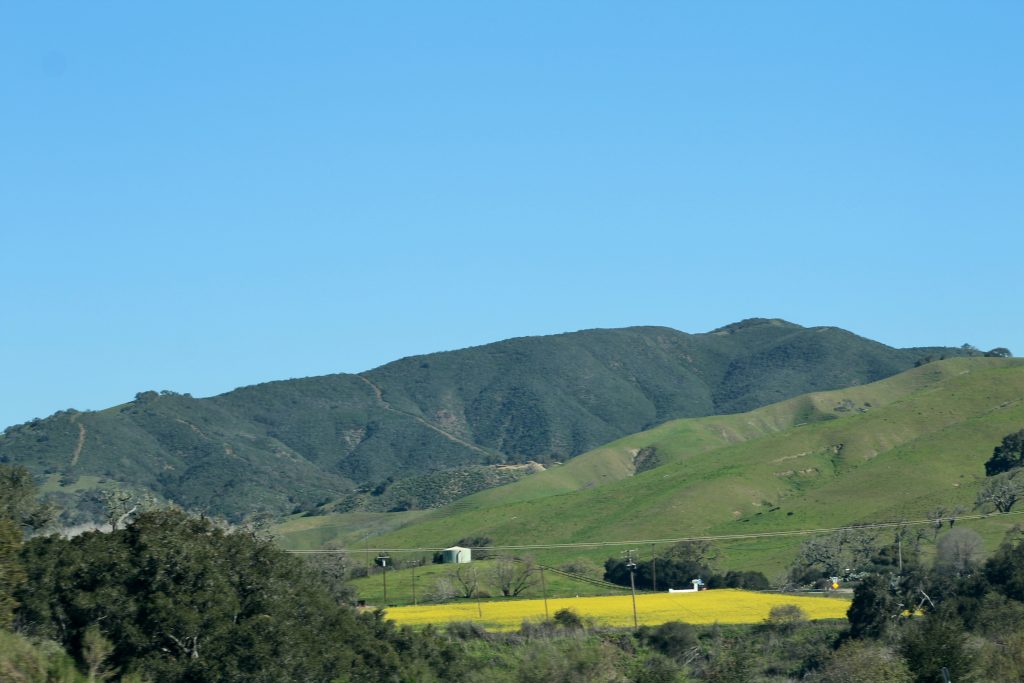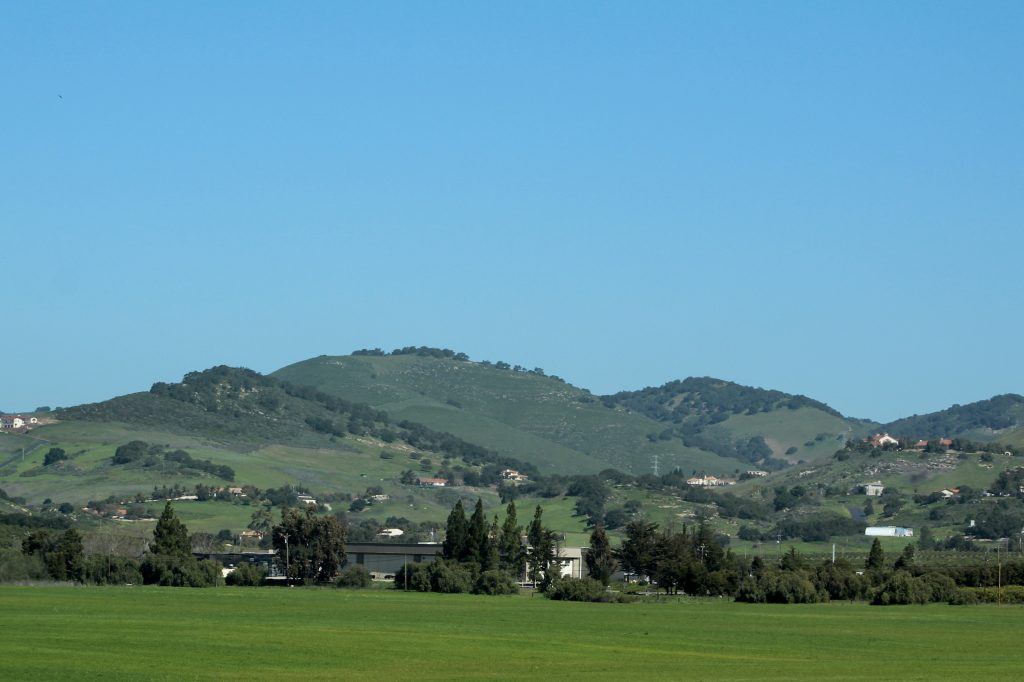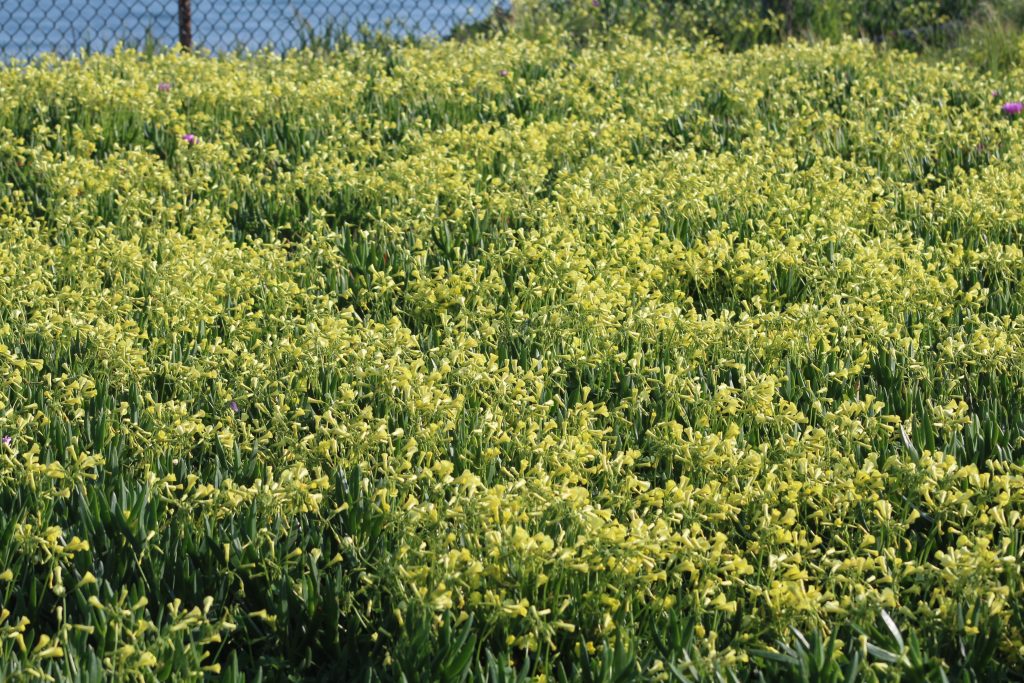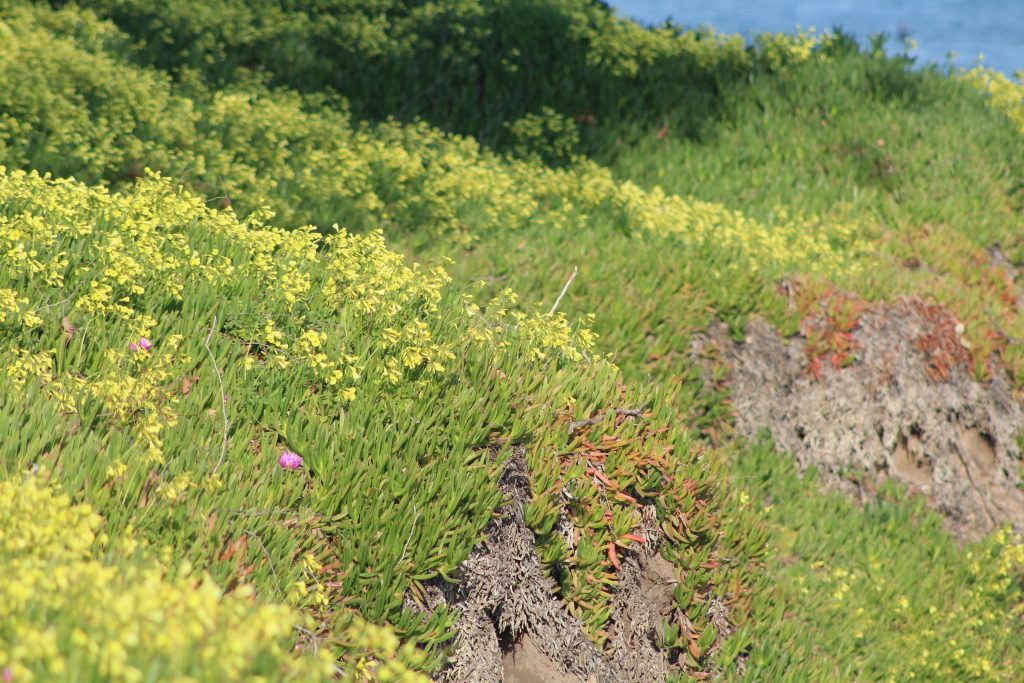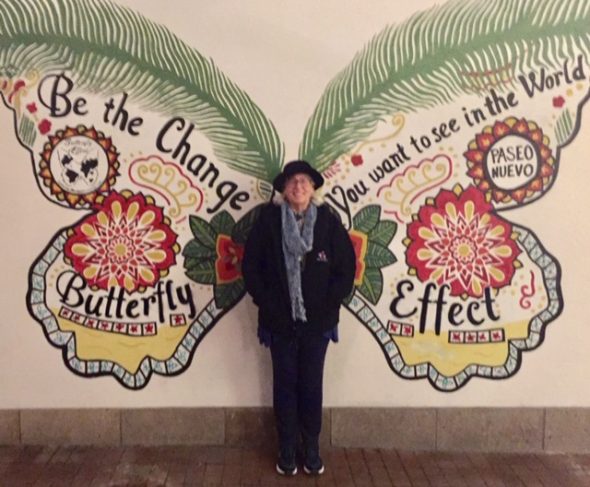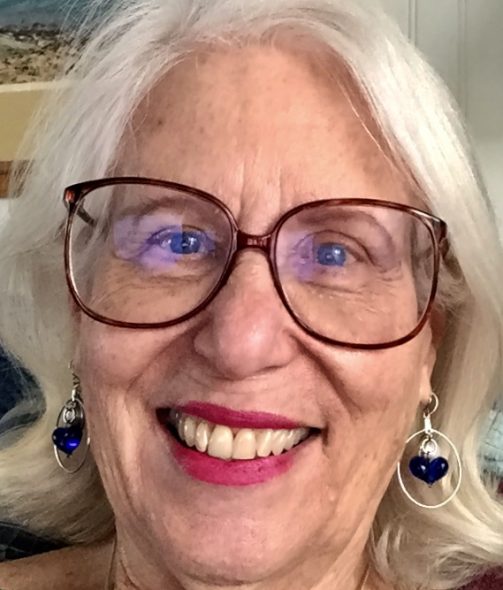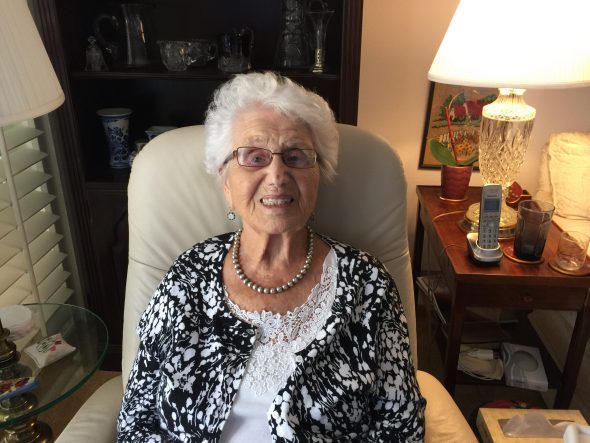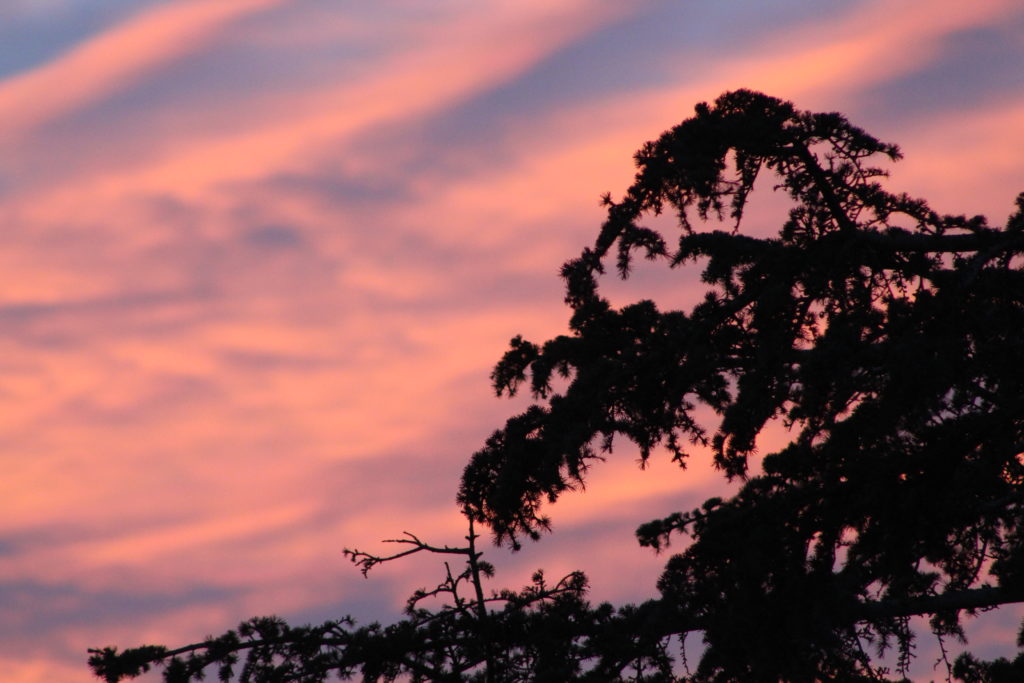
“This day all His mercies are new.
This day ev’ry promise is true.
Father help me to believe,
Give me faith I need
to know you and trust you this day.
This day.”
Good Shepherd,
there are many things — situations/people/relationships —
about which we could pray today.
The state of the world — our country,
the tragic situation at our borders,
the state of the church —
around the world,
in our country,
right here in Santa Barbara.
But in light of these lovely words that were just sung,
it feels right and good to center down on just one thing.
And so, Lord God, we want to pause right now
and say ‘thank you,’ for this day.
Thank you for this time, set aside
to be together in your presence.
Thank you for the person to our left,
and the person to our right,
no matter how near or far from us they may be.
Thank you for this lovely space,
for songs, both old and new,
for your Word,
for the chance to give back to you a small portion
of the gifts we enjoy;
thank you for the little ones who gather on these steps,
and thank you for the time, energy and skill that is poured into this hour,
each and every week,
from our dedicated and gifted staff,
and from a long list of volunteers, too.
Thank you for THIS day, when we sit shoulder to shoulder
and turn our attention in your direction for 75 minutes.
May what we do and what we say and what we hear
enrich our own journey of discipleship
and may all of it reflect both our love for you and
your great love for us.
When we get caught up in the details of our lives,
the demands and commitments, the habits and struggles,
the relationships and the input from so many places —
when we get caught up in all of that,
it is so easy for us to forget
that all we’ve really got in this life is . . .
this day.
Whatever day it is, that is the day we have.
We are promised no more than that, ever.
Will you help us to pause
and say thank you in the midst of each one of
the ‘this days’ we’re given, please?
Because each and every one of them –
well, they land in our lap like small jewels.
Sometimes, that jewel of a day
is clear and shiny, and filled with promise;
sometimes it feels decidedly dull or even dark.
But whatever any of our days contain,
each one always holds the gift
of life with you.
Always.
When we’re walking through seasons of loss,
of massive change,
of anxious wondering about what’s coming next,
or of new beginnings —
like the school year,
or a new job,
or an uncertain invitation of some kind —
those are the times when it’s harder for us to take that pause,
hit that re-set button and say,
“Ah, the gift of this day!
Thank you, Lord.”
Forgive us for the myriad ways we allow that gift
to get buried beneath . . .
our lists,
our worries,
our addictions,
our obligations,
our need to control outcomes,
our fears about the future.
Release us, O Lord, from all of that and help us
to hear your gentle invitation
to trust,
to follow,
to be thankful,
to accept with grace
whatever each one of our ‘this day’s may bring us.
Guide us now, as we listen to your Word
and as your servant comes to break it open for us.
Lead us into the truth you have for us
to learn this day,
may we open our hearts as well as our ears,
for Jesus’ sake,
through the power of the Holy Spirit,
because of the love of our Good Creator.
Amen.
+-+Version+2.jpg)
